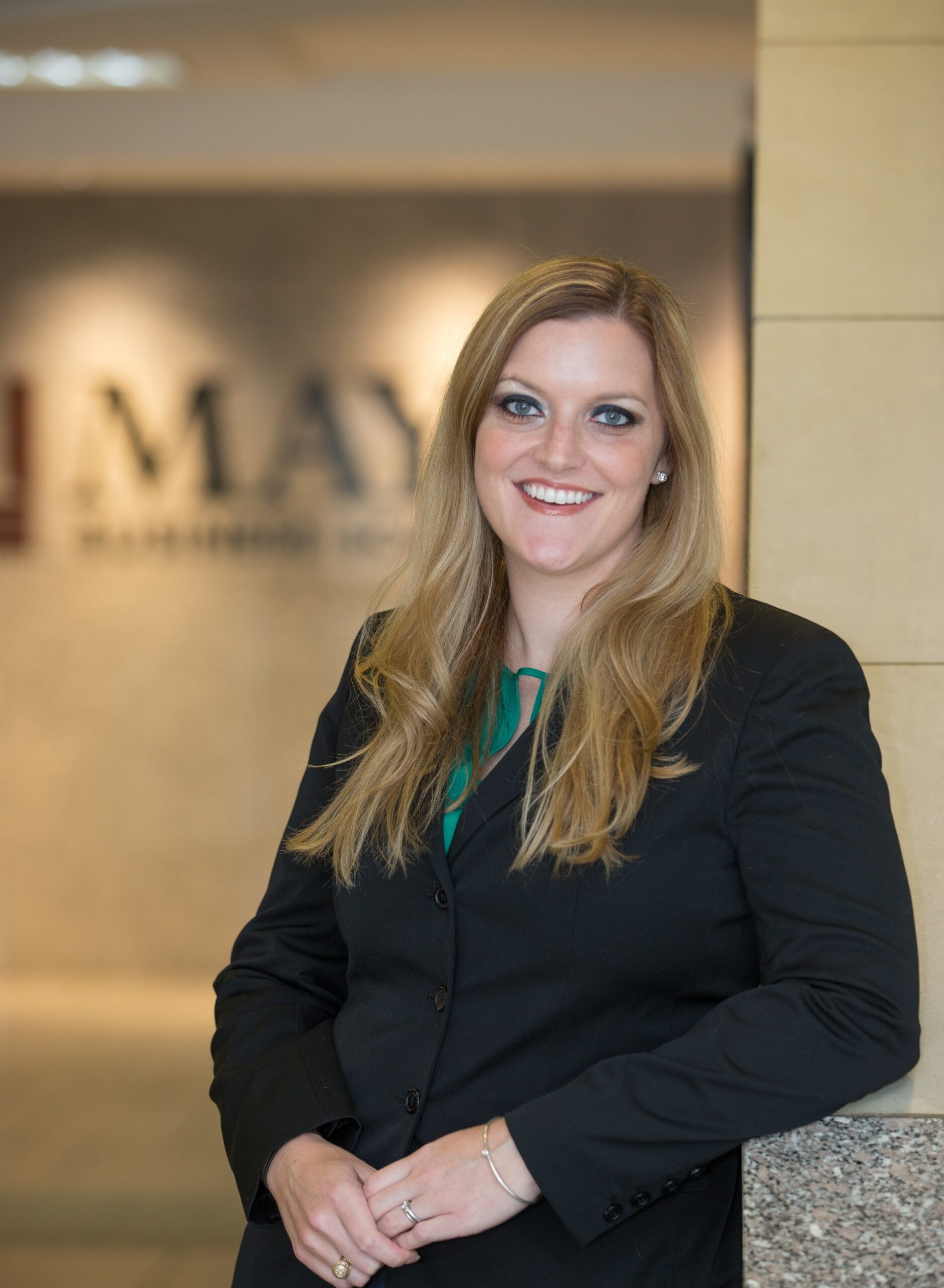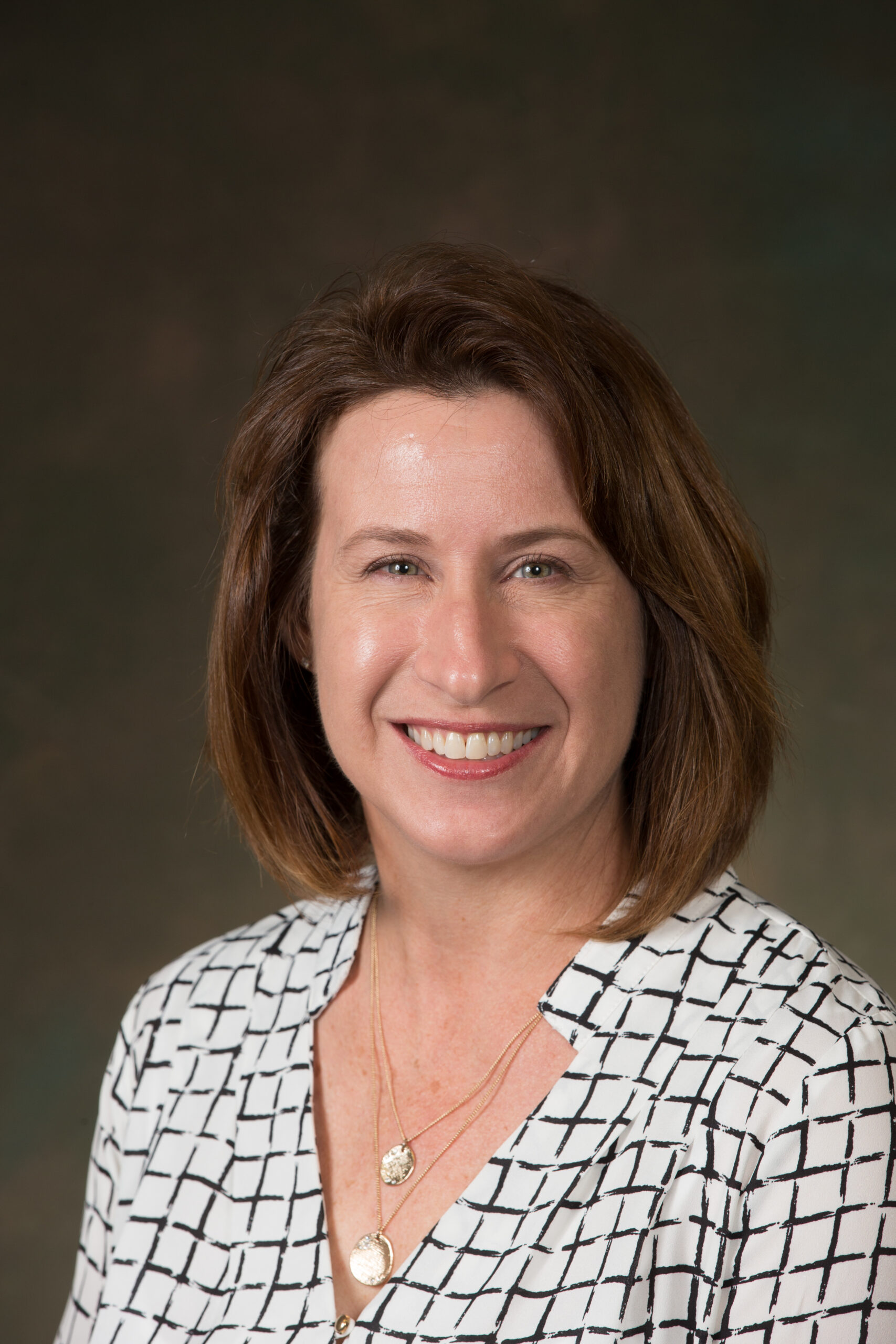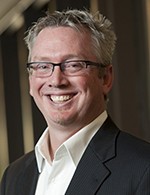MBA programs focus on problem solving
August 1, 2016
|
Mays Business School
The fall is a natural time to assess the status of the programs at Mays Business School. Two of the three MBA programs at Mays have grown in size over last year, with enrollment in the Full-Time MBA is up 16 percent to 74 students and the Executive MBA is up by 5 percent, to 46 students. Enrollment of underrepresented minorities is up from 9 percent in 2015 to 19 percent.
Students in the Professional and Executive MBA programs hail from a cross-section of industries, including petroleum/energy, consulting services, consumer products, manufacturing and pharmaceutical/health care.
Beginning this semester, Mays MBA programs have two top academic leaders for the first time. Finance Professor Arvind Mahajan was named associate dean for graduate programs and Accounting Associate Professor Mike Kinney is assistant dean. Both positions began Aug. 1.
Mahajan said he is optimistic about the future of the MBA programs. “Notwithstanding the challenges facing the MBA market nationwide, Mays stands ready to meet these challenges successful and with confidence.”
Patti Cudney, director of MBA Recruitment and Admissions, said Mays is pleased to welcome such strong and diverse groups of students this year. “Our new students bring a wide variety of educational, professional and personal experiences into our classrooms to share with and influence one another through the learning process,” she said. “We look forward to the contributions they will make during their time at Mays and as they impact their communities in the future.”
Full-Time MBA

Shannon Deer, director of the Full-Time MBA program
The Full-Time MBA is renewing its focus this year on problem solving, which was integrated into the program starting the first day of orientation. For the first time this year, orientation culminated in a case competition hosted by FTI Consulting and Mays. The purpose of the case competition is to help students get accustomed to problem-solving earlier in the program. On July 29, 74 students competed in their academic teams. They had limited time over two days to research the case, but their orientation focused on preparing them to solve problems, tackle cases in class, and excel in case interviews common in the MBA job search. On their first day of orientation, they did several problem-solving activities.
The current students of the 18-month program have an average of 4.5 years of professional experience.
Executive MBA

Julie Orzabal, director of the Professional MBA program
Mays welcomes 46 members of the Executive MBA Class of 2018 to the Texas A&M University campus Aug. 1-4 for Residency Week. Residency Week kicks off the program with a series of foundational modules focusing on problem solving and data analytics as well as professional competency modules that include business communication, team building and management, leadership and relationships.
The 18-month program is held at CityCentre Houston. It targets mid- to high-level professionals with a minimum of 10 years of experience, with preference given to candidates who have at least seven years of progressive and significant organizational responsibilities. Preference is given to applicants who are innovative leaders with potential for contributing to the learning experience and the ability to balance multiple commitments within a team-oriented environment. This year’s class has an average of 15 years of experience.
Professional MBA

Michael Alexander, director of the Professional MBA program
Students in the Professional MBA are taking on the world as their classroom, and those between their first and second years of study are on a trip to Marrakech, Casablanca and Madrid. Last year, program participants traveled to Vietnam, and the previous year they visited Budapest, Bratislava and Prague. This is the first year the group’s travels will cover two continents.
“The students in the Professional MBA program go out of the country to learn, to bond, and to potentially be transformed,” said program Director Michael Alexander. “The world is getting smaller, but there are still significant local differences – cultural, political and certainly business differences. We want students to become more aware and familiar of how to best conduct business globally as a key part of their MBA education.”
In addition, he said, the students continue to solidify their Aggie Network within the cohort by spending time in cultural events in each destination. At the end of the week, the students exemplify the Aggie value of “selfless service” by giving back to a local NGO (non-governmental organization) – learning, participating and reflecting.
The 22-month program targets students with at least two years of professional work experience and current full-time employment. Classes are held at CityCentre Houston. This year’s class members have an average of 6.4 years of professional experience.
The MBA programs continue to receive national recognition. Mays is ranked as the 5th best business school for networking, while the Full-Time MBA Program is ranked 8th among U.S. public schools by Bloomberg Businessweek and Financial Times, and 9th among U.S. public schools in U.S. News & World Report and Forbes.
The Professional MBA Program was ranked 18th among U.S. public schools by U.S. News & World Report. The Executive MBA program was ranked 1st among public schools in Texas and 4th among public schools exclusively in the U.S. by Financial Times.


